You have questions…
We have answers
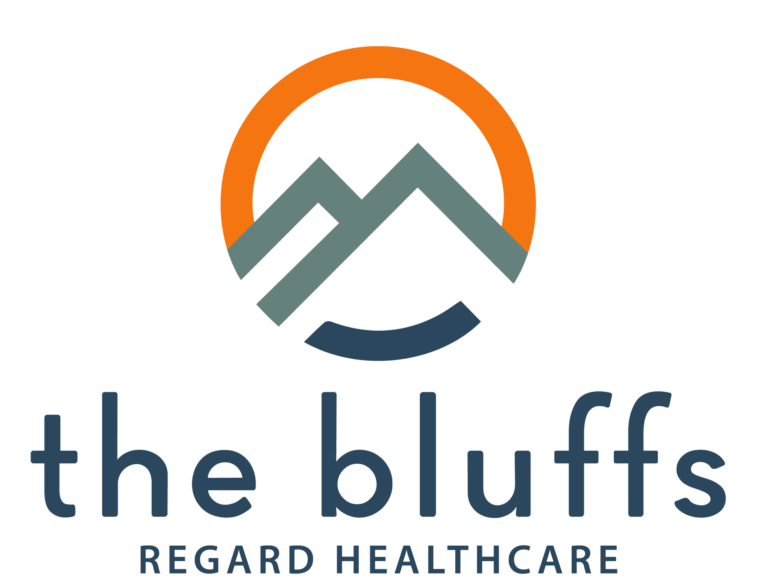
Welcome to our FAQ page! Here, you’ll find information to common questions to help you navigate with ease.
If you have any concerns or need further assistance, feel free to explore the topics below or reach out to our support team.
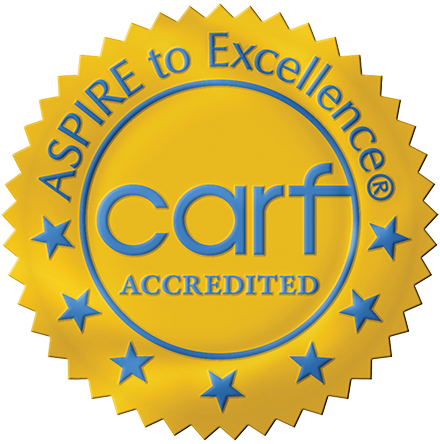
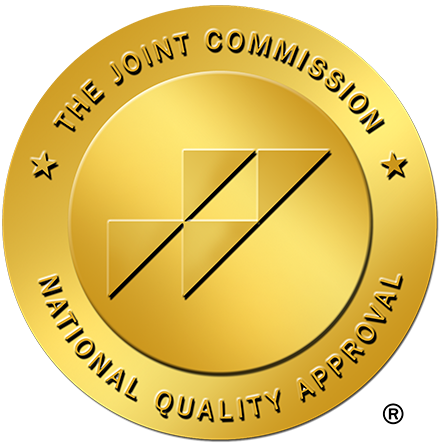
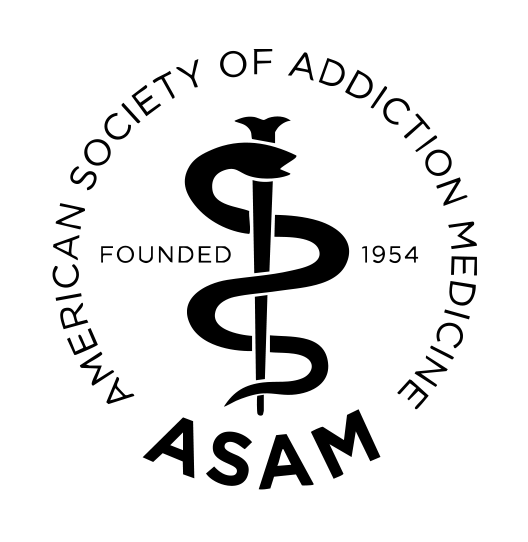
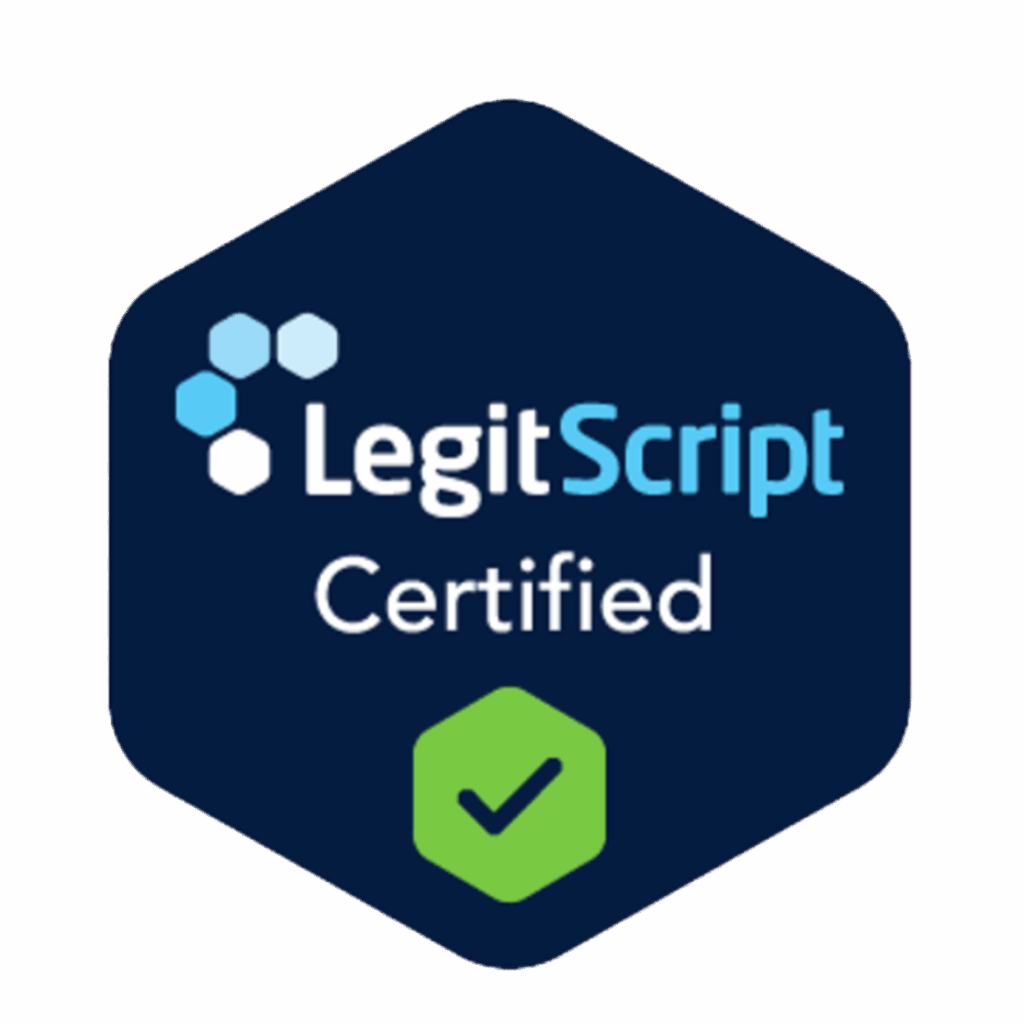


Learn More About Our Programs
Have questions about addiction treatment at The Bluffs? You’re in the right place. Learn how our Ohio rehab center helps adults start recovery, what to expect in medical detox and residential inpatient rehab, how long treatment typically lasts, and when medication-assisted treatment might help. We explain how we treat co-occurring mental health conditions with integrated dual diagnosis care, how admissions and insurance verification work, what costs to expect, and how your family can be involved.
Whether you’re looking for drug rehab in Ohio or alcohol rehab in Ohio, you’ll find plain-language answers about timelines, packing, travel, aftercare, and alumni support. Our campus in Eastern Ohio offers 24/7 clinical care in a private, restorative setting so you can focus on healing. Every plan starts with a thorough assessment and is tailored to your goals. If you don’t see your exact question, call us any time and we’ll help you take the next safe, informed step.
Many health plans include benefits for drug and alcohol treatment. Coverage and out-of-pocket costs vary by policy and by level of care, like medical detox or inpatient rehab. We’ll verify your benefits, confirm in-network status, and explain deductibles, copays, coinsurance, and any prior authorization in plain language.
Verification is fast, confidential, and free. You can start it by phone or through our secure form. Having your member ID, date of birth, and insurer’s name handy speeds things up. If your plan has out-of-network benefits, we’ll outline how those may apply and walk you through private-pay or financing options if needed.
There isn’t a one-size-fits-all timeline. Length depends on your history, health, goals, and progress. Some people begin with several days of medical detox, then continue with several weeks of inpatient treatment. Others benefit from a longer stay or a step-down level of care. We’ll recommend a timeline after your assessment and keep you updated as you move forward. Our focus is the right amount of care for lasting change, not rushing the process or keeping you longer than needed.
If there’s a risk of withdrawal, we’ll start with physician-led medical detox. That’s especially important with alcohol, opioids, benzodiazepines, or multiple substances. During detox you’ll have 24/7 monitoring, regular vitals, hydration and nutrition support, and medications when appropriate to keep you safe and more comfortable. Once you’re stable, we transition you directly into therapy so momentum isn’t lost between levels of care. Your team will explain what to expect day by day and answer questions before anything begins.
Inpatient rehab means you live on our Ohio campus and follow a structured daily rhythm that reduces distractions and helps you focus on recovery. A typical day includes individual therapy, group counseling, recovery education, skill-building, and time for rest, movement, and reflection. You’ll work with a dedicated care team that checks in regularly and adjusts your plan as you progress. We also cover practical topics like sleep, nutrition, stress management, and how to rebuild a healthy routine at home.
Your care is built on evidence-based approaches tailored to your needs. That often includes cognitive behavioral therapy (CBT), dialectical behavior therapy (DBT), motivational interviewing, and relapse-prevention planning. We may add mindfulness and stress-management work, family therapy when appropriate, and experiential activities that make skills easier to practice. Medication-assisted treatment (MAT) can be included when it supports safety and stability. We’ll explain each option and decide together.
Yes. Many people come to treatment with anxiety, depression, trauma, or other concerns alongside substance use. We screen for both on intake and create one integrated plan so nothing is treated in isolation. Depending on your needs, your plan can include counseling, psychiatry support, medication management when appropriate, and practical skills for managing symptoms. Treating substance use and mental health together improves stability and long-term outcomes.
When it’s clinically appropriate, medications can reduce cravings and support early stability for alcohol or opioid use disorders. MAT is never a stand-alone fix. We pair it with therapy, coping-skills practice, and close medical oversight. We’ll review options, answer questions, and make a shared decision. If MAT is part of your plan, we’ll monitor your response and adjust as needed while you build the tools that keep recovery going.
Getting started is simple. Contact us by phone or form and we’ll complete a quick assessment to understand your situation. We verify insurance benefits, explain coverage and any out-of-pocket costs, and talk through timing. Your admissions coordinator stays with you through arrival. We’ll share a short packing list, discuss transportation options if you need them, and schedule your admission time. When you arrive, we complete a medical pre-screen and settle you in so care can begin.
Discharge planning starts early so you leave with a clear next step. Depending on your needs, we may recommend step-down care, ongoing therapy, support groups, medication management, or alumni programming. You’ll also have a written relapse-prevention plan, practical coping strategies, and key contacts for the first 48 to 72 hours at home. Our goal is continuity of care that keeps your progress moving.
Yes. When it’s clinically appropriate and you consent, we invite loved ones into the process. Family sessions focus on communication, boundaries, and how to support recovery at home. We also provide education and guidance for life after treatment so everyone understands the plan and their role in it. If you prefer limited family involvement, we’ll respect that and structure support accordingly.
Click to download more information about The Bluffs
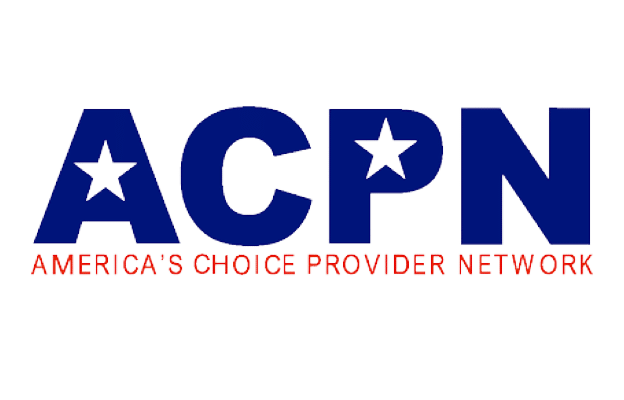
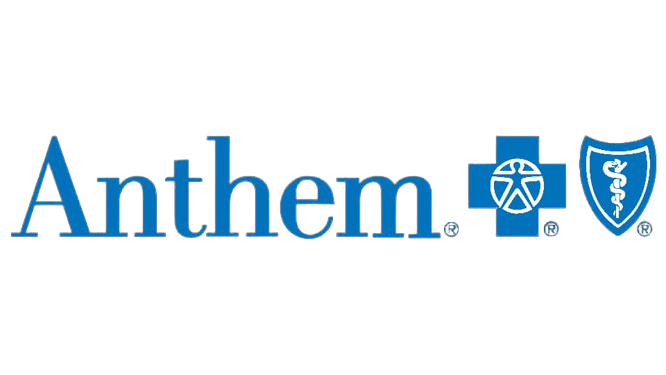
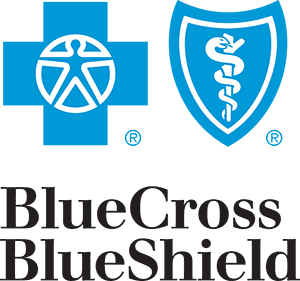
Real People. Real Reviews.
Our customer reviews reflect powerful stories of hope and healing. Real experiences from individuals and families who found lasting recovery and compassionate care through our program.

Amazing center, THE ABSOLUTE BEST STAFF, and has saved many lives. Going to treatment for the first time especially or to a new location can be scary, but you always leave this place with a family you didn’t know you needed. I’ve never been sober a day in my life since the start of my addiction except for the times I’ve been incarcerated. Today I have over 5 months thanks to them. JUST MAKE THE CALL. Lots of love

Just wanted to give a huge shout-out to the bluffs,and staff and want to thank them for guiding me through the journey of recovery for it has truly transformed my life in so many ways,my experience there was one truly profound transformational experience that saved my life.

The Bluffs saved my life—period. When I showed up here, I was numb. I couldn’t feel anything. I didn’t know who I was without drinking, and honestly? I didn’t even know if I wanted to find out. But something about this place cracked me open in the best possible way.

The Bluffs Alumni Recovery Stories
Authentic Lives. Genuine Healing from Drug and Alcohol Addiction.
Feeling nervous, hesitant, or uncertain about seeking treatment for drug and alcohol addiction? Taking the first step toward recovery is often the most challenging. Hear from The Bluffs Ohio Alumni who once questioned whether substance abuse treatment was the right choice. Discover how they overcame their doubts and set themselves on the path to healing and a brighter future.


